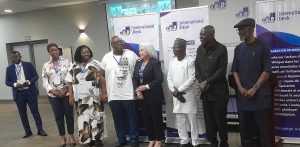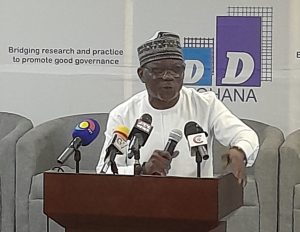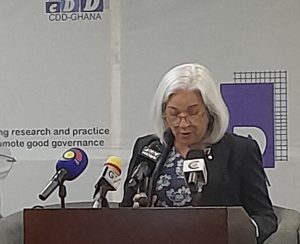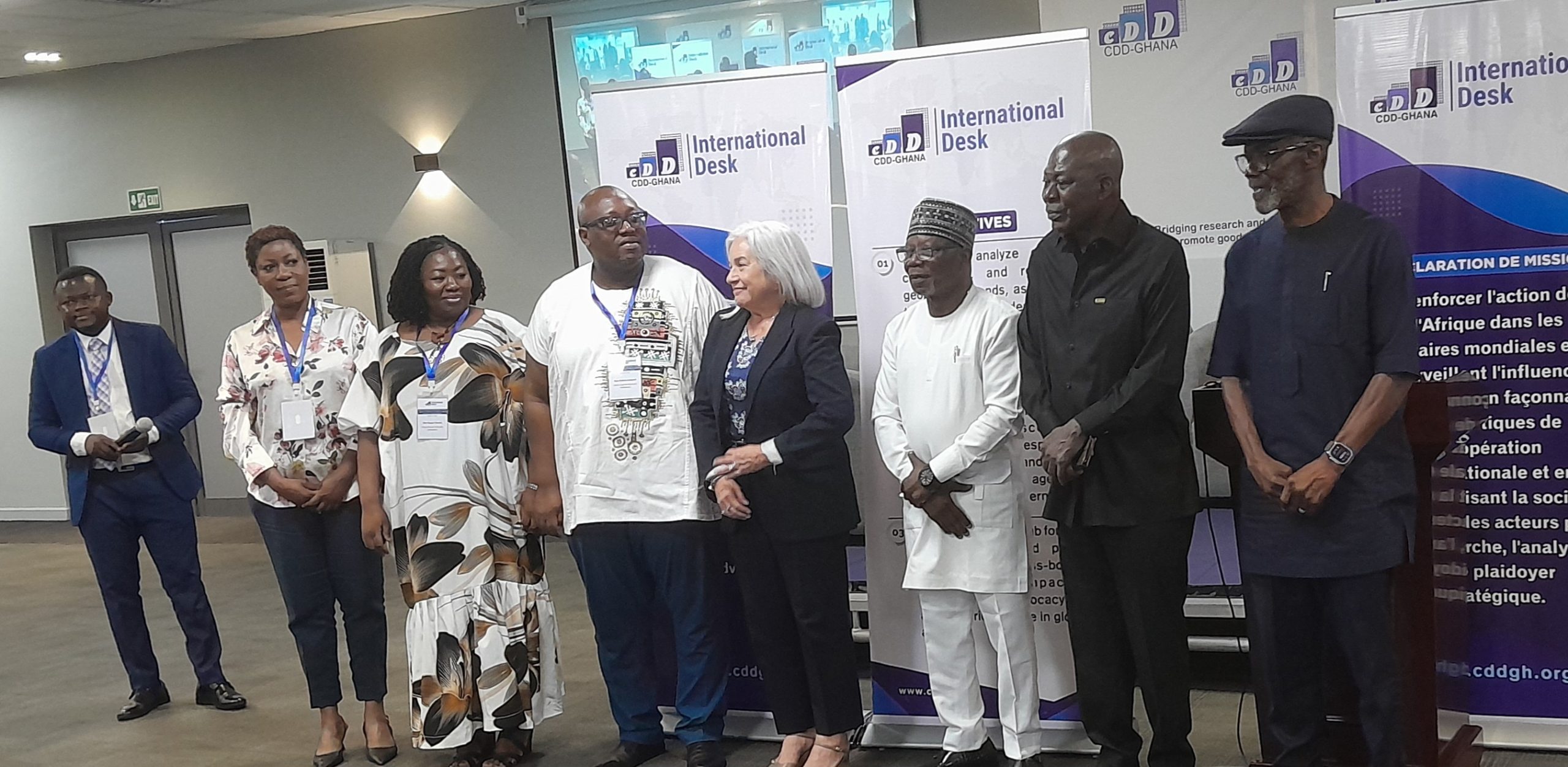
Accra, Ghana//-The Ghana Centre for Democratic Development (CDD-Ghana) has inaugurated its international desk as part of its efforts to keep pace with the rapid changes in global politics and their impacts on governance, democracy, and development in Africa.
The desk seeks to explore innovative strategies to counter malign influences such as the activities of external actors promoting authoritarian models of governance, the rise of right-wing parties in the Global North, and the reduction or suspension of international aid.
The desk according to the NGO is also expected to assesses their implications for economic stability, governance and social development across the continent.
Speaking at the inauguration ceremony in Accra, CDD-Ghana’s Director of Policy Engagement and Partnerships, Dr Kojo Pumpuni Asante, said the desk’s initiative reflects a renewed commitment to safeguarding democracy in Africa by equipping policymakers, civil society actors, and citizens with timely insights and strategies to navigate complex international dynamics.
He continued: “As the world’s power dynamics shift, Africa must shift with it — not as an observer or passive recipient of influence, but as a continent with its vision and strategy.
This international desk is our effort to create space for that reflection, dialogue, and planning.”
The international desk’s creation also reflects CDD-Ghana’s broader mission to strengthen democratic governance and policy-making through evidence-based research and strategic engagement, Dr Asante added.
This new desk would focus on providing analysis, convening thought leaders, and influencing policy to ensure Africa is not sidelined in the evolving global order, according to him.
With increasing foreign involvement in African infrastructure, military cooperation, and political processes, the desk will serve as a watchdog and a platform for envisioning a future where African nations are equal players — not proxies — in global affairs.
“This is about ownership of our narrative, our politics, and our development. Africa must lead on Africa”.
Dr Asante, therefore, underscored the critical need for Africa to become a proactive actor in shaping its geopolitical destiny.

Inaugurating the desk, Commissioner of Political Affairs, Peace and Security ECOWAS Commission, Dr Abdel-Fatau Musah said: “On behalf of the Economic Community of West African States (ECOWAS), I wish to sincerely thank the pace-setting Policy Think Tank – the Centre for Democratic Development for the initiative to launch its International Desk, which, without doubt will provide a platform for debate and information sharing to fill knowledge gaps and deepen reflection on Africa’s future as the world navigates an uncharted era of shifting global alliances and their multifaceted impacts”.
We commend your remarkable interventions over the years to strengthen democratic culture, advocate for peace and to promote inclusive prosperity., as well as your commitment to providing platforms for reflection and interrogation on topical issues affecting the region and Africa at large”, he added.
Deputy Special Representative of the Secretary-General at UNOWAS, Barrie Freeman, also commended the initiative, saying: “As a UN representative, I see CDD-Ghana’s launch of international initiatives as a timely and strategic response to today’s seismic geopolitical shifts. At the same time, the organisation remains firmly rooted in its core mission of promoting good governance, accountability, and citizen empowerment.”

On his part, Ghana’s Special Envoy to the Alliance of Sahel States, Ambassador Larry Gbevlo-Lartey Esq., acknowledged: “As we navigate the evolving global strategic landscape, it’s essential to acknowledge the historical context of ECOWAS’s founding in 1975.”

“Amidst the Cold War, our founding fathers prioritised economic integration, underpinned by the 1970 protocol on the free movement of persons, goods, and services. Today, ECOWAS has made significant strides in regional integration, including landmark projects. However, challenges persist, such as the elusive common regional currency and legacy institutions hindering African industrialisation”.


